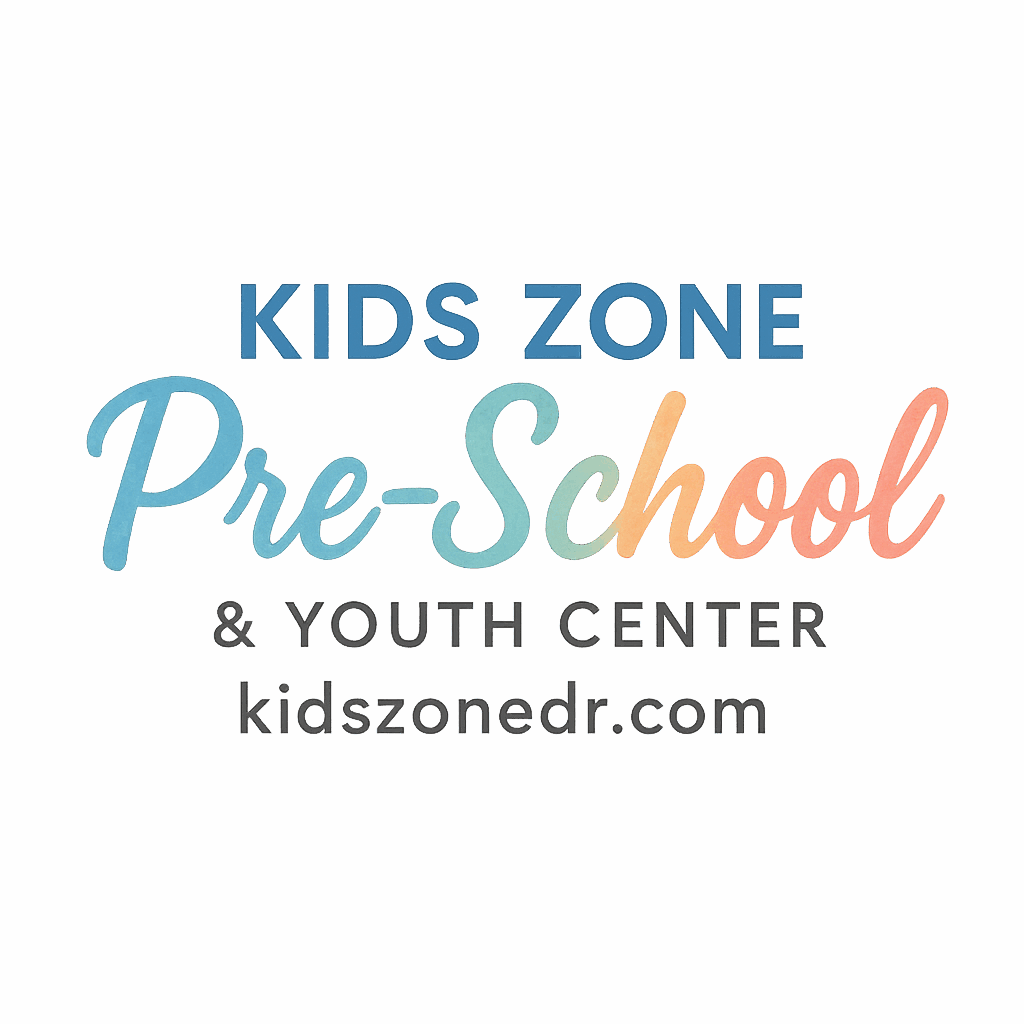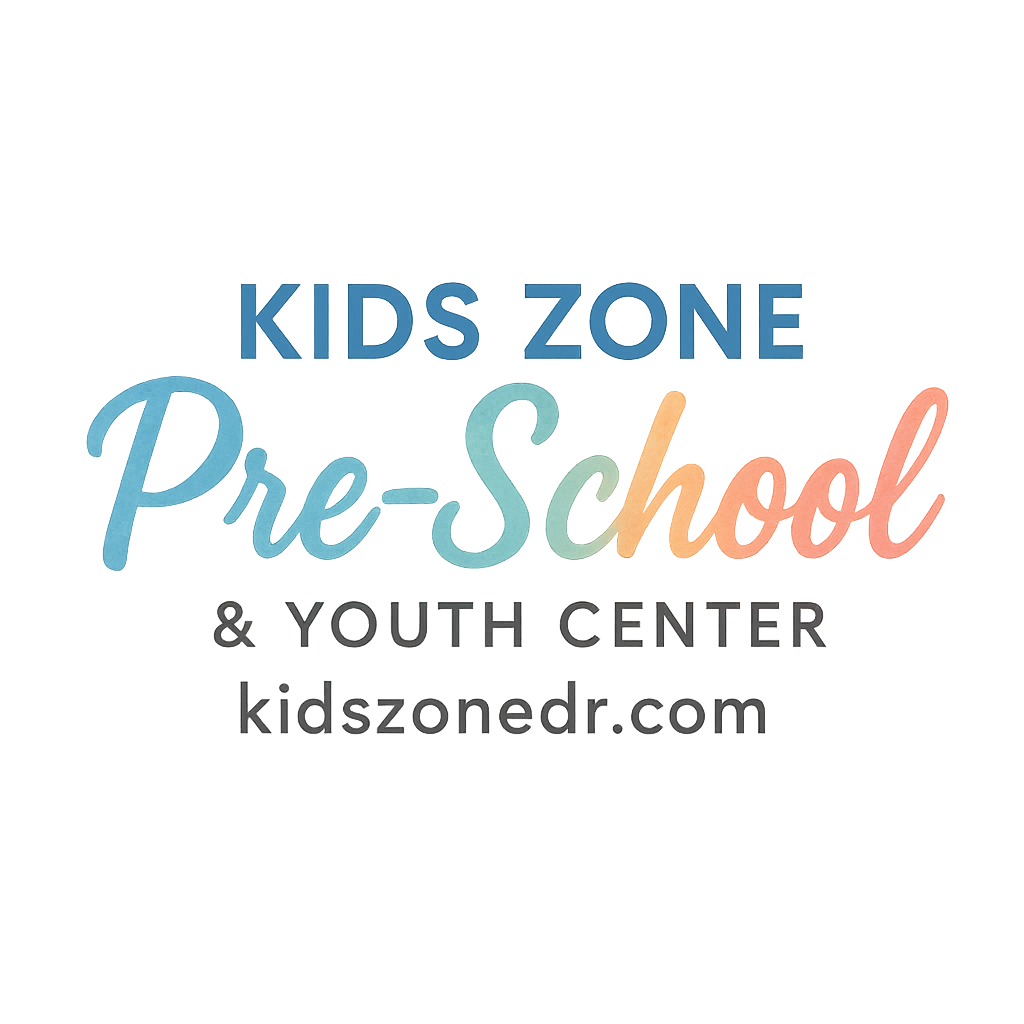Introduction
Preschool isn’t just about learning letters and numbers—it’s a critical time for building social skills that will help shape a child’s future relationships, emotional intelligence, and overall well-being. While academic skills are important, social skills like sharing, communication, and empathy play a pivotal role in how children interact with others throughout their lives.
In this article, we’ll dive into the eight key social skills preschool helps children build. These are the foundational abilities that children need to navigate friendships, cooperate in group settings, and understand their own emotions. Let’s explore how preschools foster these essential social skills and why they matter so much for your child’s development.
Why Social Skills Are Important for Preschoolers?
Social skills are often seen as “soft skills,” but they are just as important as academic skills. They help children engage with their peers, understand how to express themselves, and manage their emotions. By learning these skills early, children become better equipped to handle challenges throughout their lives, whether they’re in school or out in the world.
Foundational Life Skills
Preschool provides a structured environment where children learn foundational life skills like respecting others, negotiating with peers, and expressing their needs. These interactions prepare children for school settings and beyond, where cooperation and communication are vital.
Building Emotional Intelligence
Emotional intelligence is one of the most important skills a child can develop. Preschool helps children understand their feelings, as well as recognize and respond to the emotions of others. These emotional skills contribute to healthier friendships, family relationships, and later success in the workplace.
1. Sharing and Taking Turns
Why This Skill is Crucial
One of the first social lessons preschoolers learn is the art of sharing. Since children at this age are just beginning to understand the concept of ownership, sharing can be tricky. However, it’s an essential skill for fostering positive interactions and developing strong relationships with peers.
How Preschool Encourages Sharing
Through group activities and interactive play, preschools emphasize the importance of sharing. By taking turns with toys or games, children learn the value of patience and cooperation. This early social practice lays the groundwork for a lifetime of positive social interactions.
Interactive Play and Group Activities
In addition to sharing, group activities like cooperative games and team projects also encourage children to collaborate. These activities show them that by working together, everyone can enjoy the benefits of shared resources, reinforcing the idea that “sharing is caring.”
2. Empathy and Understanding Others
What is Empathy?
Empathy is the ability to understand and share the feelings of another person. In preschool, children begin to learn that their actions can affect others, and they develop the ability to respond to others’ emotions in a compassionate way. It’s a critical part of forming strong friendships and resolving conflicts.
Preschool Activities that Foster Empathy
Preschools use a variety of activities to nurture empathy. For example, children might be encouraged to listen actively to their peers during circle time or to participate in storytelling sessions that involve characters showing empathy towards others. These activities not only teach children empathy but also provide opportunities for them to practice it in real-life situations.
3. Communication Skills
Verbal and Non-Verbal Communication
Effective communication is a cornerstone of social interaction. Preschool helps children develop both verbal and non-verbal communication skills. This means teaching them not only how to speak clearly but also how to interpret body language, facial expressions, and tone of voice.
Learning Through Play
Play-based learning is one of the most effective ways to develop communication skills. Preschool activities such as role-playing, group discussions, and cooperative games give children opportunities to practice expressing their thoughts and listening to others. These activities promote the growth of essential communication skills in a natural, engaging way.
Role-Playing and Storytelling
Role-playing is particularly beneficial for developing communication skills. By acting out various scenarios, children practice using words and body language to communicate their feelings and needs. Additionally, storytelling encourages them to convey their ideas in a clear, structured way.

4. Conflict Resolution
Teaching Problem-Solving
Conflicts are a natural part of growing up, but how children learn to resolve them can have a significant impact on their emotional growth. Preschool is an ideal setting for teaching problem-solving techniques that help children manage disagreements in healthy, constructive ways.
Preschool’s Approach to Handling Disagreements
Preschools teach children how to approach conflicts with a problem-solving mindset. Instead of resorting to frustration or anger, children are encouraged to talk through their issues, express their feelings, and find a fair solution. Preschool teachers act as mediators, guiding children through these challenging situations.
5. Cooperation and Teamwork
Why Cooperation Matters
Cooperation is a key social skill, and preschool provides plenty of opportunities for children to practice working together. By collaborating on projects, games, and activities, children learn that everyone has something valuable to contribute.
Group Projects and Collaborative Play
Preschools often organize group projects like building structures with blocks or creating artwork as a team. These activities teach children that cooperation leads to better outcomes, making teamwork an essential skill in both their social and academic lives.
6. Self-Control and Managing Emotions
How Preschool Teaches Emotional Regulation
One of the biggest challenges for preschoolers is learning how to manage their emotions. Preschool environments offer tools and strategies to help children practice emotional regulation, which is critical for preventing tantrums and fostering more positive interactions with peers.
Mindfulness Activities and Exercises
Preschools often incorporate mindfulness exercises, such as deep breathing or simple yoga poses, to help children calm their emotions. These activities teach them how to recognize when they’re feeling overwhelmed and how to calm themselves down in difficult situations.
7. Respecting Boundaries
Understanding Personal Space
Understanding personal space is an important aspect of social interaction. Preschoolers are taught to recognize and respect the personal space of others, which helps prevent feelings of discomfort and encourages mutual respect.
How Preschool Teachers Encourage Respect
Teachers help children understand boundaries by modeling respectful behavior. They may use visual cues (such as signs or marks on the floor) to indicate personal space, and they reinforce these lessons by gently reminding children to respect others’ physical space during group activities.
8. Making and Maintaining Friendships
Why Friendships Matter in Early Childhood
Friendships are a vital part of childhood development. Preschool is often the first place children begin to form lasting friendships, which provide emotional support and boost their confidence. Making friends helps children feel more secure and connected to their social environment.
Preschool’s Role in Building Friendships
Preschools create opportunities for children to interact with their peers, engage in collaborative play, and learn the importance of friendship. Teachers foster inclusivity and encourage children to build bonds through shared activities, reinforcing the importance of kindness and mutual respect.
Conclusion
Preschool plays a crucial role in helping children develop the social skills they need to thrive in life. Whether it’s sharing toys, managing emotions, or cooperating with others, these early social skills lay the foundation for future success. By encouraging positive interactions and teaching emotional regulation, preschools equip children with the tools they need to navigate relationships and build a sense of community.
If you’re looking for more insights into how to enhance your child’s social development and preschool experience, feel free to explore other related resources, like wig styling techniques or wig maintenance tips for some helpful guides!
FAQs
- Why are social skills so important for preschoolers?
Social skills help children build emotional intelligence, communicate effectively, and establish lasting friendships, all of which contribute to their overall development. - What activities help preschoolers develop social skills?
Group games, role-playing, storytelling, and collaborative projects are all excellent ways to encourage children to practice social skills in a fun, supportive environment. - How can parents support the development of social skills at home?
Parents can encourage playdates, engage in family discussions, and model good social behavior by practicing active listening, respect, and patience. - At what age do children start developing social skills?
Social skills begin to emerge in infancy but become more pronounced and refined during the preschool years, when children interact with their peers on a daily basis. - How can preschool teachers promote emotional regulation?
Teachers can use mindfulness exercises, like deep breathing and quiet time, to help children understand and manage their emotions, especially during stressful moments. - What role do conflicts play in the development of social skills?
Conflicts offer valuable opportunities for children to practice problem-solving, negotiation, and emotional regulation—skills that are essential for healthy relationships. - How can I help my child make friends in preschool?
Encourage your child to participate in group activities, practice sharing and taking turns, and model positive behaviors like empathy and kindness to help them build meaningful friendships.


